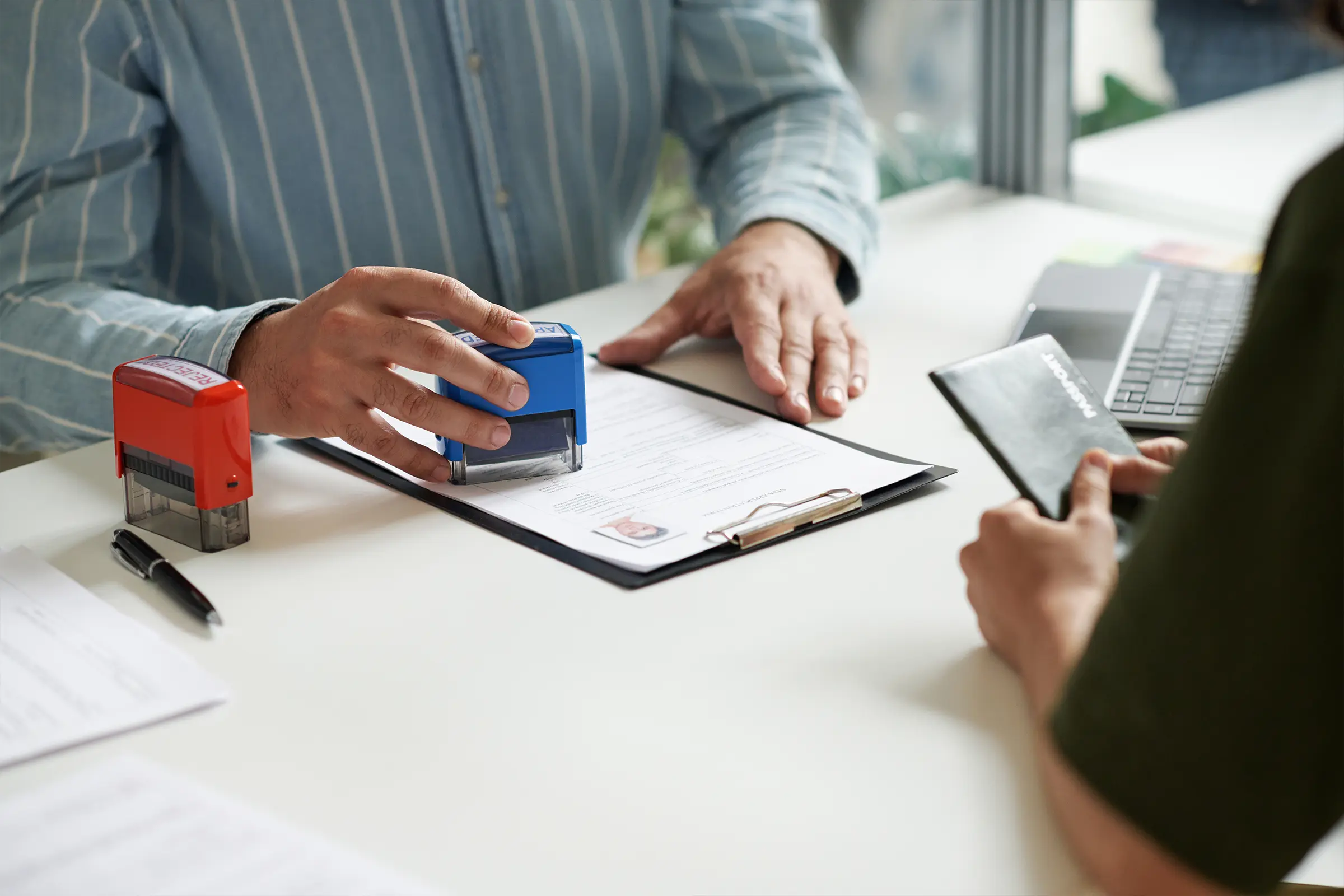Do you need documents in Morocco, such as for a marriage, divorce, inheritance or visa application? If so, they often need to be legalized or provided with an apostille stamp. But what exactly is the difference, and how do you avoid having your application delayed or rejected?
In this blog, we explain step by step what legalization entails, when you need an apostille, and how Arabika can take the process off your hands.
What exactly is legalization?
Legalization is the process by which an official document (such as a birth certificate, marriage certificate or declaration) is made legally valid for use abroad. For Morocco, this usually means affixing an apostille stamp to the document, issued by an authorized Dutch authority. This confirms the authenticity of the signature and the stamp or seal on the document.
Morocco is a member of the Apostille Convention, so an apostille is sufficient in most cases. However, there are situations where Moroccan authorities impose additional requirements.
When is an apostille sufficient?
Since Morocco joined the Apostille Convention, in most cases a document with an apostille stamp is sufficient for official use in Morocco. In principle, you no longer need to arrange consular legalization through the Moroccan consulate.
Note: Some authorities in Morocco still have their own procedures or additional requirements. In exceptional cases, consular legalization or an additional stamp may still be requested. Therefore, it is wise to check this carefully in advance or seek advice from Arabika.
Many people make mistakes by not ascertaining exactly what is being asked for, resulting in delays or repetition of the process.
What documents do you need to legalize?
The most common documents that must be legalized (and often translated) for use in Morocco are:
- Birth certificates
- Marriage certificates
- Divorce rulings
- Extracts from the BRP
- Statements of being unmarried
- Diplomas or notarized deeds
Please note that in many cases, each document must be certified translated into Arabic or French before it is accepted by Moroccan authorities.
How do you avoid mistakes and delays?
Common errors are:
- Wrong order of steps in legalization
- Not having a sworn translation made
- Documents are too old or expired
- Requesting documents from an unauthorized agency
- Improper use of apostille in exceptional situations
Because of these errors, many people are unnecessarily delayed or have to start their application from scratch.
Arabika takes care of it from A to Z
With Arabika you can have your documents translated, legalized and sent to Morocco - all in one place. We know exactly which steps are required, which stamps are required and which authority needs what. You also do not need to contact government agencies or consular services yourself: we do that for you.
You can easily submit your documents online or stop by one of our offices. We check everything and start the process immediately. This way you avoid stress, mistakes and delays.
Be well prepared with this checklist:
- Get your documents to the proper authorities in a timely manner
- Check whether a sworn translation is required
- Check whether an apostille is sufficient for your situation
- When in doubt, always seek advice from Arabika
- Be sure to follow the order of legalization correctly
Do you want your documents legalized quickly and correctly?
Then stop by one of our offices or submit your documents online. We will guide you step by step and make sure everything is correct and on time, without errors.
Visit the Legalization & Apostille page for more information or contact us directly.
Arabika Translations & Services
At Arabika, you can get (sworn) translations, document retrieval, guidance during your marriage and divorce proceedings, family law, legalizations, sending and receiving mail, visa services, mediations and writing authorizations and appeals.


